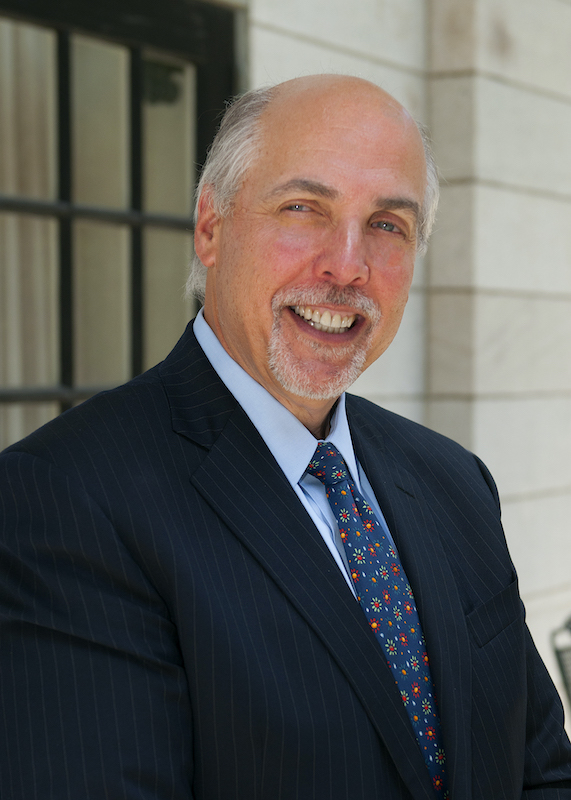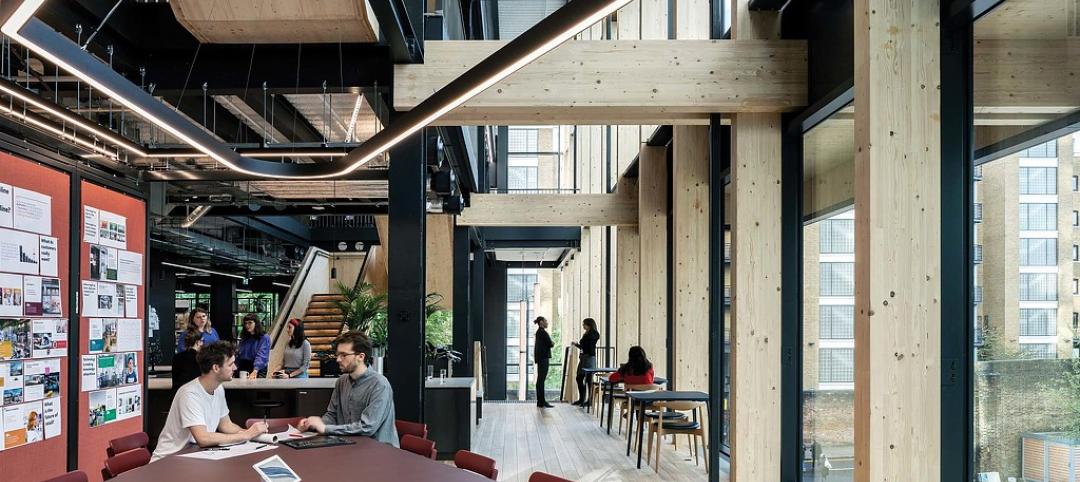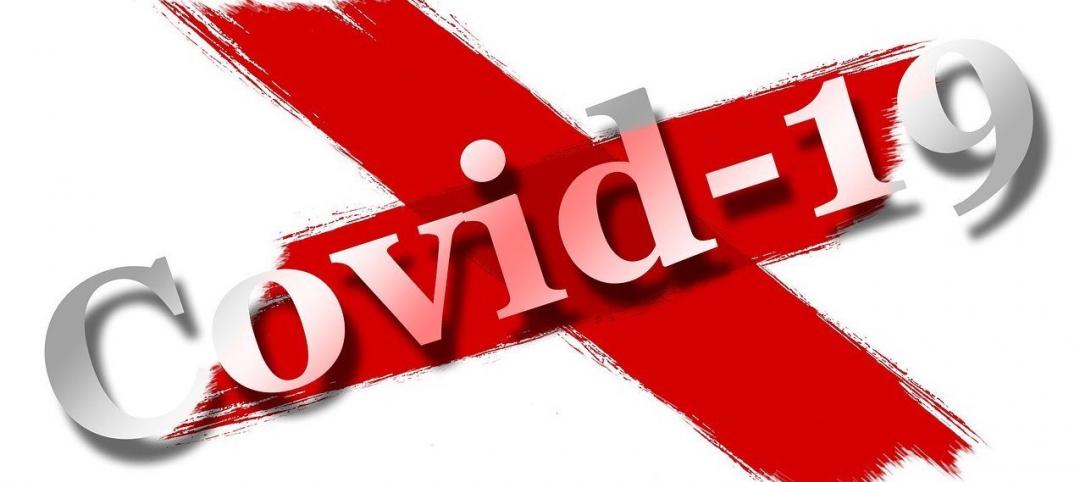As the construction industry tries to figure out how to start working again under pandemic conditions that are still prevalent in many parts of the country, companies are left to sort out evidence- and science-based facts and possible solutions from quick-fix remedies and instinctual responses that, in the long-rum, could do more harm than good.
To assist construction companies in these efforts, The Castle Group, a communications strategy firm, has created a COVID-19 Crisis Response Task Force, which provides medical expertise, alerts and analysis, weekly briefing calls, company specific projects, and business recovery planning and continuity.
In forming this task force, The Castle Group collaborated with Dr. David Shulkin, FACP, the former Secretary of the U.S. Department if Veterans Affairs, who is currently president of a consulting firm that works with healthcare organizations and companies to innovate and improve wellbeing for patients.
Its other partner in this endeavor is Dr. Michael R. Jaff, DO, the chief medical officer of a global medical device manufacturer, and a professor of medicine at Harvard Medical School.
Sandy Lish, The Castle Group’s principal, notes that her firm can bring to the table expertise in crisis communications that, in the case of several construction firms she’s heard from, often lack reliable medical information. Castle’s areas of expertise touch on human resources, best practices, and employee re-assimilation.

Dr. Michael R. Jaff, one of the medical experts collaborating with The Castle Group on its COVID-19 Crisis Response Task Force.
Last month, The Castle Group sent out an email blast to its database about the task force’s services. Jaff says that its first client was an assisted-living facility that wasn’t satisfied with how it conveyed information to its customers. “We changed the course of their situation by encouraging them to change their strategy from reactive to proactive,” says Jaff.
Lish and Jaff point out that what’s also missing in many companies’ messaging is the “looking ahead” at what might happen medically, which is something the task force can also help its clients with. “Being able to anticipate shifts gives you the ability to be nimble” in response to those shifts, says Jaff.
He goes on to say there’s a “desperate need” for consistent information platforms, in terms of available testing, therapies, and so forth. “Otherwise, you end up with what we have now,” he says: an uncoordinated hodgepodge of public and private sector actions.
Over the next six to 12 months, Castle’s COVID-19 response team’s mission could broaden to include other diseases and ailments that employees might contract, regardless of how quickly a vaccine for COVID-19 emerges. “Companies need longer-term communications strategies,” says Lish.
Related Stories
Coronavirus | Mar 16, 2020
Effective remote workforce: Key steps and strategies for success
As the potential scope of the COVID-19 outbreak has become more clear in the United States and Canada, public and private organizations from all industries, sectors and geographies are encouraging their teams to work remotely to reduce the spread of the virus.
Coronavirus | Mar 16, 2020
Coronavirus and the water cycle—here is what treatment professionals need to know
As the global health community tracks the spread of this virus, it’s important for water and wastewater professionals to keep updated on potential impacts.
Coronavirus | Mar 15, 2020
Designing office building lobbies to respond to the coronavirus
Touch-free design solutions and air purifiers can enhance workplace wellness.
Coronavirus | Mar 15, 2020
In the face of the coronavirus, workplace wellness is key
Here are a few considerations employers should keep in mind in creating plans for a healthy and effective work environment.
Coronavirus | Mar 13, 2020
AEC business impacts from COVID-19: We want your input!
The BD+C editors would like to hear from you on how your firm is handling business operations and projects during the coronavirus outbreak.
Coronavirus | Mar 13, 2020
COVID-19 and real estate: How the coronavirus is impacting the AEC industry
Here's the latest news BD+C editors are tracking on COVID-19's impact on the AEC industry and the real estate market.
Coronavirus | Mar 11, 2020
A look at how U.S. hospitals are designed to battle infectious diseases like coronavirus
Some health systems can use telehealth and video visits to asses and triage patients before they arrive at a hospital.














